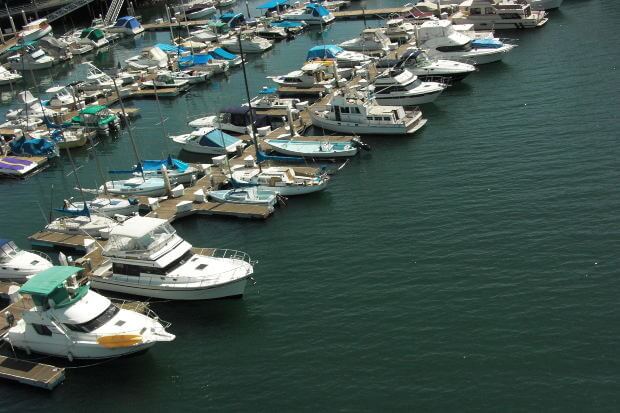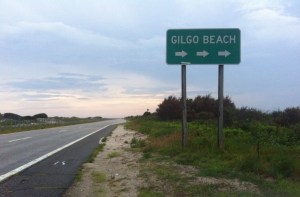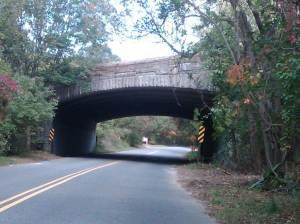
Marine law enforcement officers are cracking down on drunken boating after a West Islip man was killed in a Great South Bay boat crash that authorities blamed on alcohol over the weekend.
Officials with U.S. Coast Guard, Suffolk County police Marine Bureau, Islip Town Harbor Police, Ocean Beach village police and Mother Against Drunk Driving announced the initiative Tuesday at the East Islip Marina.
“You need to think about what you’re doing before you take the helm,” said Islip Town Supervisor Tom Croci, who joined in the call for increased boater safety this summer.
July is the busiest month of the year for boating crashes in the tri-state region, with 16 percent of such incidents blamed on boating while intoxicated. More than 20 percent of fatal boating crashes are BWI-related.
“Any kind of crash is going to cause injury because of the nature of the vehicle,” said Croci. “These vessels are not made to absorb impact as our cars are.”
Most recently, Brian Andreski, 26, of Dix Hills, was charged with BWI after police said he crashed his boat into another vessel under the Robert Moses Main Span Bridge early Saturday morning, killing 39-year-old Christopher Mannino.
The next day, two men were arrested for BWI in the bay off the Village of Ocean Beach on Fire Island after police said they switched places at the helm.
Deputy Inspector Christopher Hatton, the new commanding officer of the Marin Bureau, said his unit made six BWI arrests last year.
Marine units typically beef up patrols at the height of the summer season and boaters should be prepared to show officers they have the proper safety gear—such as life vests and flares—on board during random inspections.
In New York, the legal limit to operate a boat is a blood alcohol concentration of 0.08, the same as driving a vehicle on land. BWI levels are lower in certain other states, such as Maine, where the legal limit is 0.04.
The officials reminded the public that the agencies also offer boating education courses throughout the year that review safety precautions.



























